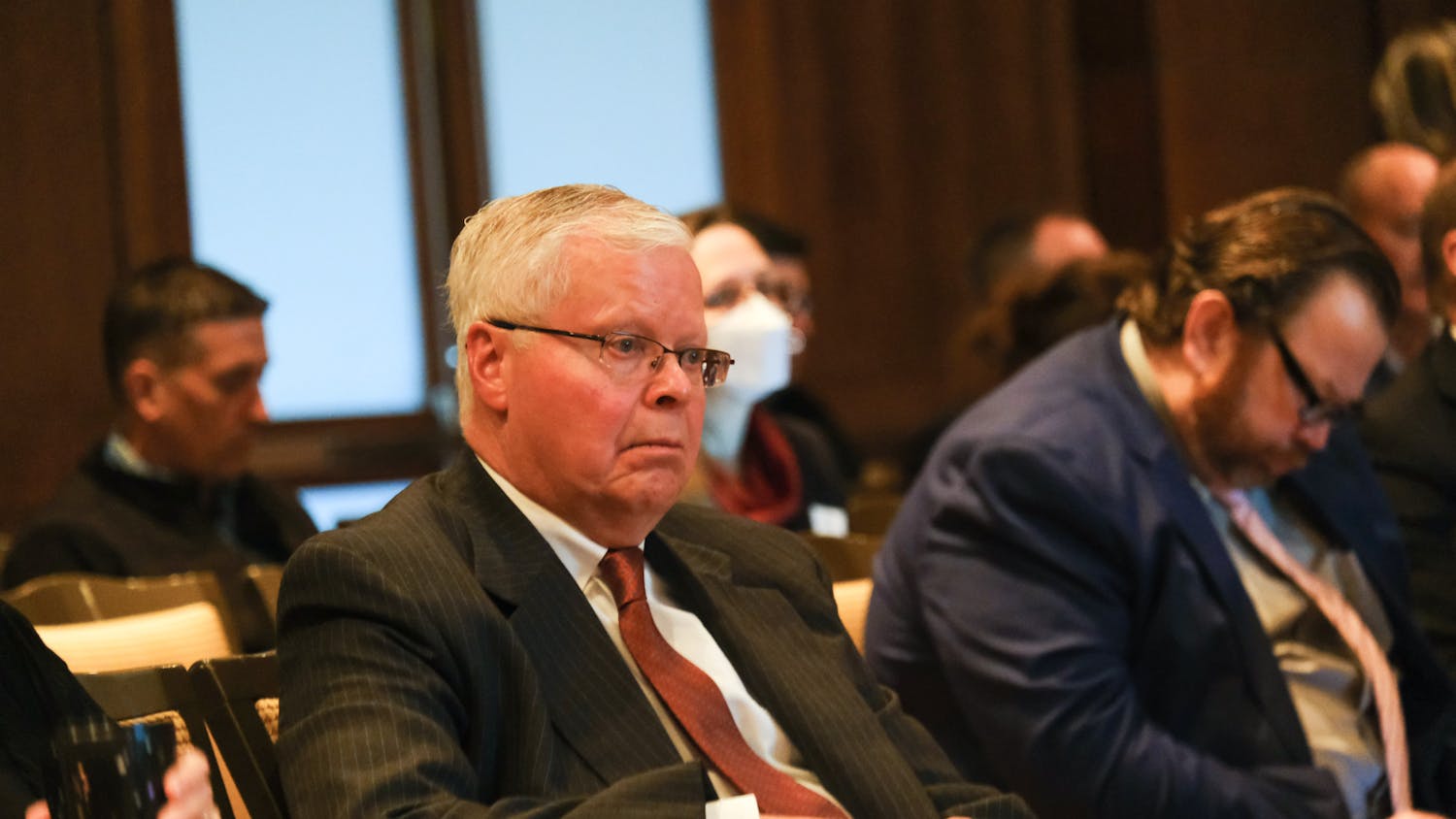With the mounting costs of attending college, a UW-Madison student consistently working 15 hours a week throughout the entire duration of the academic year would have to earn roughly $21 per hour to pay back the cost of one year of tuition and fees alone.
When adding this statistic to other major costs such as room and board, Megan Phillips, UW-Madison sophomore and leader of a campus-wide campaign to increase minimum wage for student employees, sees a problem for students’ ability to offset their expenses.
“Obviously there is an issue here,” Phillips said. “There is a gap between how much students are making and how much students are paying just to go to college.”
Phillips, who serves as chair of the Associated Students of Madison Nominations Board, said she hopes to help address this gap by affecting tangible change in the way of increasing “living wages” for student workers.
As part of her campaign, the Minnesota native has been talking with the Wisconsin Union, University Housing and Rec Sports about increasing wages for their student employees. Phillips said these organizations, which are the three biggest employers of students on campus, have been relatively receptive to her ideas, but have not yet enacted change.
An ASM intern during her freshman year, Phillips learned grassroots organizing skills in the context of her campaign to “pay students a sustainable amount” so they could benefit from devoting time to other enrichment opportunities.
While she admits that holding a job can teach students invaluable leadership skills, Phillips also points to the fact that those who have to work long hours may be at a disadvantage compared to their peers.
“My desire to work on this kind of stemmed just from talking to other people and recognizing that I was really fortunate that I was able to really engage in extra-curricular activities without having to worry about having a job,” Phillips said. “Oftentimes those extra-curricular activities are some of the most important things you can do in college.”
Phillips, who said she hopes to see at least a portion of student wages raised by the end of the year, said she will continuously seek input from students and the community.
“I’m really excited by the idea of empowering students,” she said. “It’s really important that students have a really strong and active voice at the campus level.”






